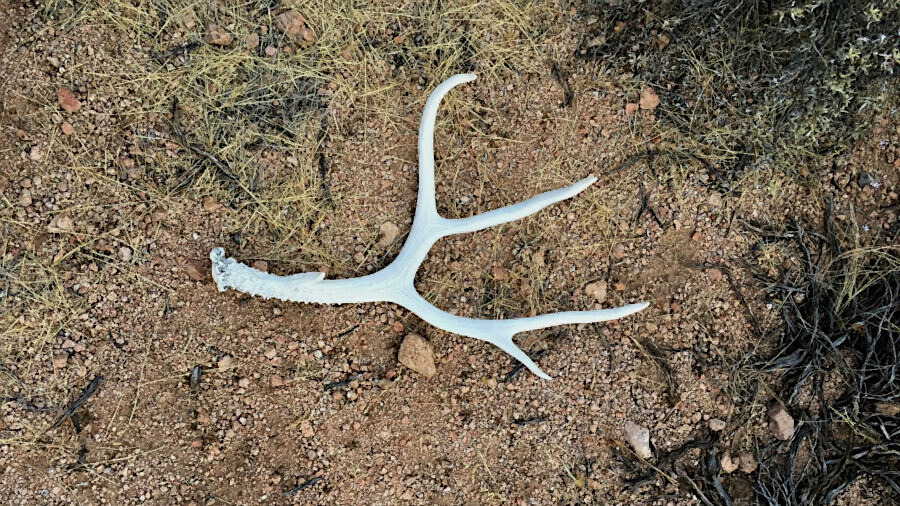
The Cornell Wildlife Health Lab, which tracks the spread of disease among wildlife populations, says that there is evidence that some white-tail deer are testing positive for COVID-19 in Illinois, Michigan, New York and Pennsylvania. However, the lab and is also saying that there’s little reason to be worried.
“There is no evidence that animals, including deer, are playing a significant role in the spread of COVID-19, and based on existing evidence the risk to people from animals is low,” said the lab. “Most people will not come into direct contact with wildlife and ‘best practices’ for interacting with wildlife that existed pre-COVID, still apply.”
“Continuing to follow ‘best practices’ is also true for hunters and trappers who may harvest deer or other game during the fall seasons,” they continued. “Wear gloves when field dressing and processing game and disinfect equipment.”
The lab indicated that just under one in five deer tested positive for antibodies to the disease in New York, although none of them showed signs of illness. It did not find a source of exposure to the disease.
Cornell also highlighted the fact that other illnesses like chronic wasting disease, which is always fatal, pose a much more significant risk to deer populations across the country and around the world.
An analysis by the U.S. Department of Agriculture’s Animal and Plant Health Inspection Service, or APHIS, reported that as many as one in three deer carried antibodies to the disease, but also stated that none of the animals showed any signs of illness.
SEE ALSO: Sunday Hunting Means Huge Deer Harvest in Pennsylvania
“Samples were obtained opportunistically as part of wildlife damage management activities conducted by APHIS Wildlife Services across 32 counties in the 4 states,” they said. “These samples were tested at APHIS’ National Wildlife Research Center and National Veterinary Services Laboratories.”
“Antibodies to SARS-CoV-2 were detected in 33 percent of the 481 samples collected from January 2020 through 2021,” they continued. “None of the deer populations surveyed showed signs of clinical illness associated with SARS-CoV-2.”
Hunters are encouraged to maintain common safety protocols when handling carcasses and prepping game, including wearing gloves and sterilizing their equipment after use. Deer farmers may want to limit contact with their animals.
Food safety standards are also important, including cooling the meat as quickly as possible following a harvest, cooking meat to proper temperatures, and never eating the raw meat or blood of wild animals.
